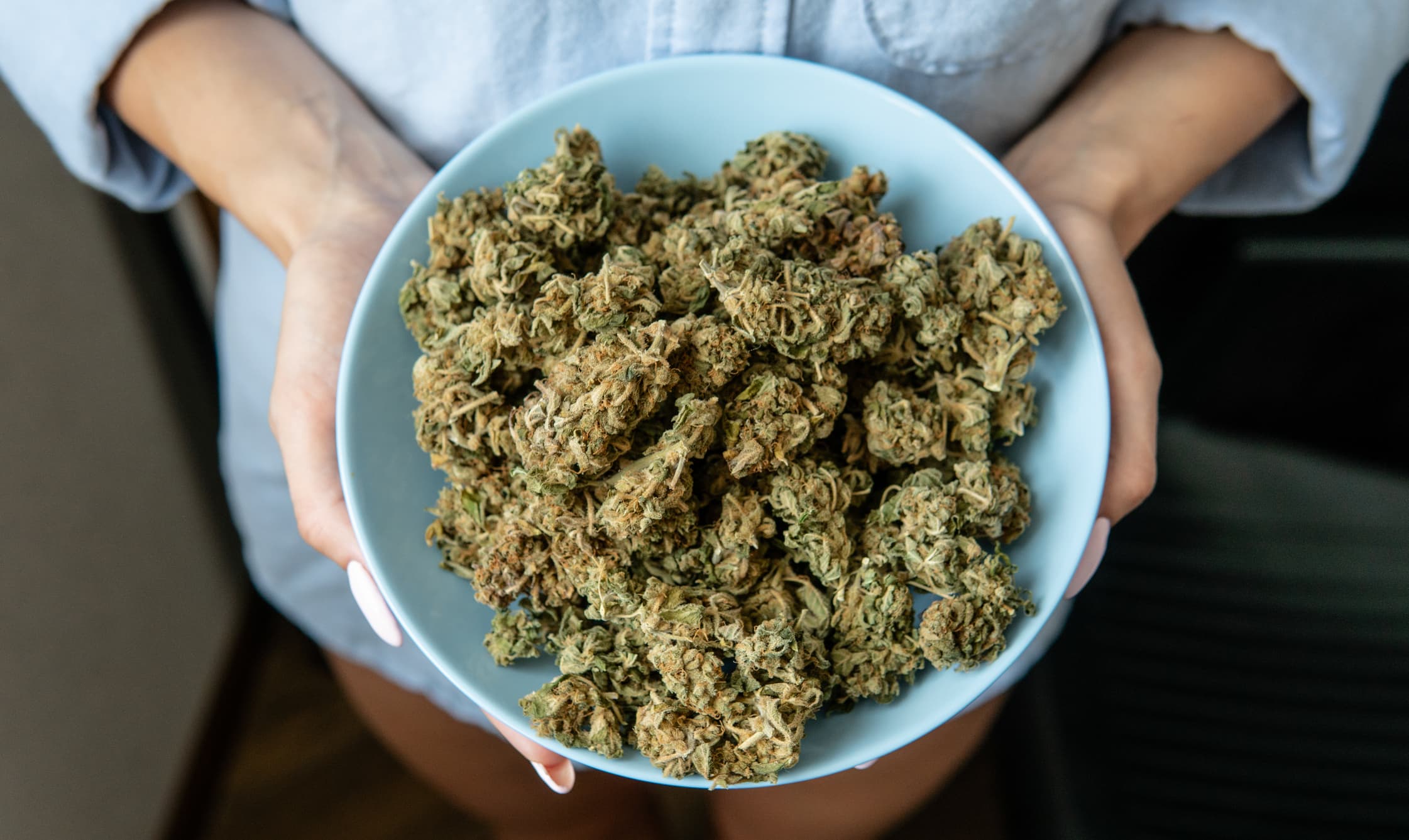These 4 states are voting to legalize and tax marijuana sales

Cavan Images | Cavan | Getty Images
Things may go green in four states this fall, as voters will decide on legalizing and taxing marijuana.
Arizona, Montana, New Jersey and South Dakota all have measures up for a vote to legalize and levy recreational marijuana.
Thus far, 11 states have legalized recreational pot: Alaska, California, Colorado, Illinois, Maine, Massachusetts, Michigan, Nevada, Oregon, Vermont and Washington state.
Levying legal weed is looking attractive at a time when states are anxious to boost their coffers.
Jurisdictions often slap an excise tax, along with a state general sales tax, on pot sales.
Just don't count on legalized marijuana to singlehandedly save state budgets.
More from Smart Tax Planning:
12 million people asked the IRS for more time to file
Got a subsidy to buy health insurance? It could bite you at tax time
Closing a business? Avoid these tax surprises
That's because the amount of revenue they can collect will depend on the structure of the tax and the ease of obtaining a license for growing and selling the product, according to Ulrik Boesen, senior policy analyst at the Tax Foundation.
"You can have a good tax system, but if your regulatory system isn't effective, you won't see the revenue," he said.
Boesen pointed to Oregon as an example of a state that's been relatively successful at legalizing and levying marijuana.
"Oregon has a low tax rate and a flexible licensing system, so there are a lot of growers and retailers," Boesen said. The Beaver State applies a 17% excise tax on the retail price of pot, generating $102 million in tax revenue during the 2019 fiscal year.
The combination of low tax rate and the large number of growers and retailers has helped drive down prices, he said.
"They're successful in converting what used to be marijuana users buying from illegal sources to buying from legal sources — that's how you raise revenue," said Boesen.
Further, while excise taxes can provide attractive revenue to municipalities, the influx of tax dollars can fluctuate as people find other ways — or other places — to get their supply if local levies become prohibitively high.
"These taxes are known to be very volatile because they're so narrow," said Boesen. "If you tie it to general spending, you'll have to back fill it from elsewhere if those revenues fall."
Here's a quick break down of the measures up for a vote in the four states this fall, according to the Tax Foundation:
Arizona
Outside Scottsdale, Arizona.
Thomas Roche | Moment | Getty Images
Residents will be voting on Proposition 207, which tacks a 16% tax onto the retail price of pot, along with the state sales tax of 5.6%.
The measure allows adults to possess an ounce of marijuana, and permits an adult to have up to six plants in their home.
It is expected to generate about $166 million in revenue.
Those funds would go toward community college districts, municipal police, sheriff and fire departments, and more.
Montana
Snowy scene near Big Sky, Montana.
L. Toshio Kishiyama | Moment | Getty Images
Montana I-190 would slap a 20% tax onto the retail price of recreational marijuana, and is expected to generate about $38.5 million in revenues, according to the Tax Foundation.
Proceeds from the taxes will go to the state's general fund, as well as to special revenue accounts for conservation, veterans' services and substance abuse treatment, among other purposes.
The initiative would also legalize possession and use of one ounce or less of marijuana. Adults would be permitted to grow up to four marijuana plants and four seedlings for personal use in their home.
New Jersey
Asbury Park, New Jersey
Matthew T. Carroll | Moment Open | Getty Images
Question 1 would amend the state constitution and allow the recreational use of marijuana, making the Garden State the first in the mid-Atlantic region to do so.
Sales of recreational pot would be subject to the state's sales tax of 6.625%. Local governments would also be permitted to tack on an additional 2% sales tax.
South Dakota
Deadwood, South Dakota
Carolyn Hebbard | Moment | Getty Images
Amendment A would apply a 15% excise tax on the retail price of marijuana.
It would also permit adults to possess up to one ounce of marijuana.
People who reside in a jurisdiction with no licensed stores may cultivate up to three plants in their home within a locked space; they may keep no more than six plants in one residence at a time.
Revenue from the excise tax will go toward South Dakota's general fund and public schools.
Read More
Source

No comments